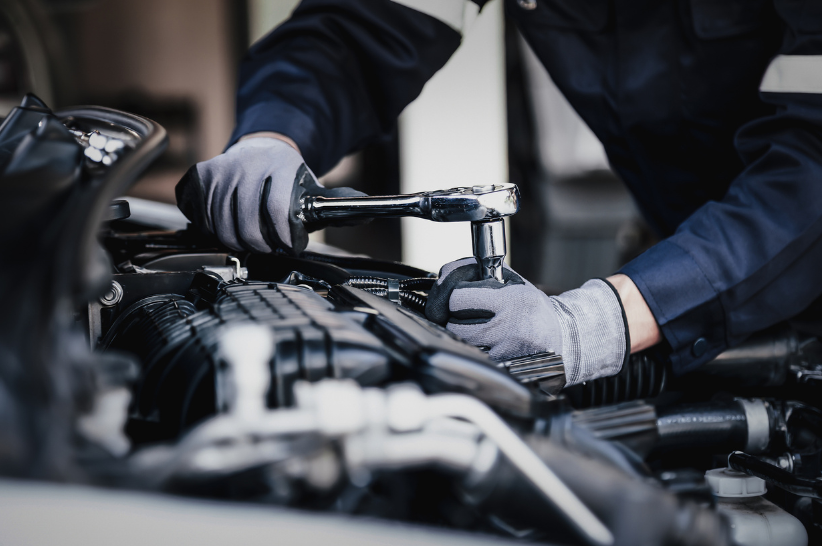OPENLANE® Inspections: Pre-sale vs Post-sale Explained

At OPENLANE, we understand that transparency and confidence are keys to a successful sale. That’s why we offer two inspection services: pre-sale and post-sale.
Our pre-sale inspection empowers sellers by building buyer confidence through transparency, reducing post-sale risks like arbitration, and helping you identify and repair defects to increase your vehicle’s value. For buyers, our post-sale inspection offers an important final layer of assurance and confidence on their purchase.
Curious about how they work? Let’s break down the details of each, including their key differences and shared goals.
Similarities between Pre- and Post-Sale Inspections
While both our inspections serve different purposes, they share core similarities. Both inspection types include a thorough evaluation of the vehicle’s components.
Here’s what they both cover:
Mechanical Check: Engine, fluid levels, odometer, transmission, and other key mechanical features are checked for functionality. This also includes a full check of electrical accessories like sunroofs, windows, seats and entertainment systems.
Road Test: Assesses the mechanical condition and functionality of the vehicle in real time. This helps uncover any issues that a simple condition report might miss.
Structural Examination: A detailed review of the exterior and interior of the vehicle — including checking rails, pillars, panels and other metal components for any signs of damage or repair.
In both our pre- and post-sale inspections, EV/Hybrid battery and systems, and Non-OEM equipment or performance modifications will not be inspected.
Key Differences between Pre- and Post-Sale Inspections
While the core elements of pre- and post-sale inspections are similar, their purposes and processes have distinct differences. For instance, our pre-sale, while highly encouraged, is optional. However, our post-sale inspection is mandatory for every vehicle sold at one of our vehicle logistics centres. Exceptions include vehicles sold on our 45-minute auctions, dealer customer trade-in vehicles that first run on 45-minute auctions, and no-sale vehicles sold on Simulcast (those are the vehicles that didn’t sell on their first run).
Timing also sets them apart, with our pre-sale inspections being completed before the sale and remaining valid for 30 days. If the vehicle isn’t sold within that timeframe, that specific inspection will be void. Post-sale inspections, however, are typically completed within 24 hours after the sale, and buyers are expected to pick up their vehicles within five days of the completed inspection.
Another key difference between the two is what happens after the inspection. With our pre-sale inspections, sellers get the advantage of time. Instead of going straight to arbitration, the seller has time to repair or disclose the identified issues found during the inspection, which helps reduce the risk of arbitration in the future and increases your vehicle’s value, benefiting both parties. If a post-sale inspection reveals defects exceeding a specific dollar threshold, the vehicle will be classified as a “FAIL” and will be automatically sent to arbitration.
Both our inspections are designed to build a more transparent and confident buying and selling experience. With a better understanding of our pre- and post-sale inspections, you can navigate your next vehicle purchase with greater peace of mind.
Ready to make wholesale easy?
For any questions, give us a call and one of our team members will be happy to help.
888-260-4604
Monday – Friday: 7:00 a.m. – 8:00 p.m. ET
Saturday: 9:00 a.m. – 6:00 p.m. ET